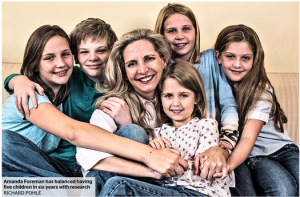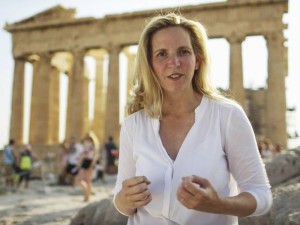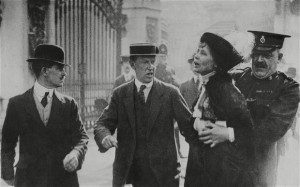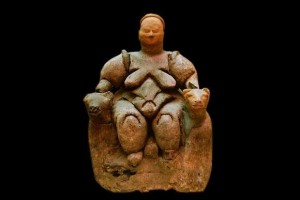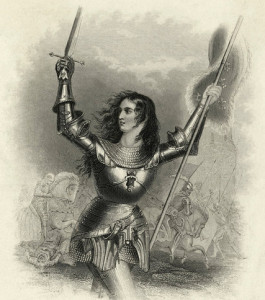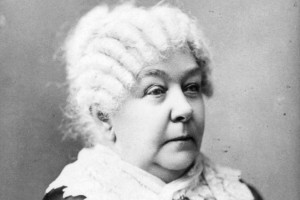The first words I say in The Ascent of Woman are: “There has never been a better time to have been born a woman.” I believe this to be true in aggregate and in particular for women in America. By every measurement we are either gaining on or are ahead of men. Since 2011 women have made up half the American workforce and the majority of the country’s graduates. But if we are getting our cake at last, guess what: we aren’t eating it, too.
When I was growing up, the message was that girls can do anything that boys can — and probably better. I don’t think it was meant to be a prophecy but it’s rather turned out that way. In America today the average undergraduate ratio is 57% women to 43% men. That’s the average, mind you. In some places it’s even worse. At Sarah Lawrence College, where I was a student, it’s more like 70-30.
Outside universities the gender gap isn’t much better. Among young adults with degrees there are five women for every four men. In some cities such as San Francisco, which is full of computer geeks and engineers, the imbalance is hardly noticeable. But others have turned into man deserts, especially for female graduates between the ages of 25 and 34.







